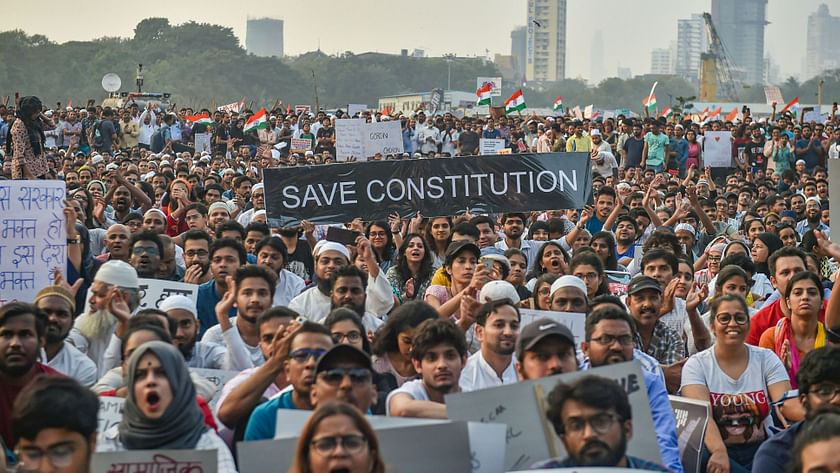The validity of opinions- An overview of the balance between Indian conservatives and liberals
- Team Opinionated

- May 11, 2019
- 2 min read
- Rishi Ahuja
The basic idea of open-mindedness in the 21st century is to respect another individual’s opinion. However progressive this may sound, people who rally for this are also the ones who choose to not accept someone else’s opinion when it does not match theirs. To explain this, I want to use the LGBTQ+ community and the discrimination faced by them.
Rajnath Singh of the BJP says that “Homosexuality is an unnatural act that cannot be supported”, Sushma Swaraj says that “Surrogacy for homosexual couples is against our cultural ethos”. Now if you are even marginally progressive these comments would infuriate you, and they should. The politicians that I mentioned and many others claim that homosexuality goes against Indian culture but to this, I would only like to say, does Indian culture tell us to rob the poor, to discriminate between people or to put one’s own profit before the interests of the country? This Indian culture that they are trying to defend is an abstract concept that they use to defend their deliberate conservativeness for their own convenience.
But here comes the interesting part, whatever I just said is my personal opinion that I formulated to the best of my ability, whatever a politician or any other individual said is their opinion, so which one should be respected?
This is the irony of accepting and respecting opinions in the 21st century, even though we propagate the acceptance of all opinions, we choose the ones we respect. Do not get me wrong, my opinion on the LGBTQ+ community can be essentially summarised by a Sadhguru quote, “every human has right to do whatever the hell they want to do with their body”, my point is, people are still infuriated when someone does not share the same opinion as them. Now a fair argument to this is that politicians who have these opinions will go ahead to form governments and then later formulate policies that reflect these opinions. In this case, we rely on democracy. People need to understand who they are voting for and what their policies would be. What we lack as a community, the ability to respectfully disagree with someone. We need to understand that whatever our opinion about a certain matter is, someone else has a different opinion about that. The opinions do not necessarily need to match, but they surely need to be respected. Just as the opinion of an LGBTQ+ activist should be respected, Rajnath Singh’s opinion about the same should be respected as well, whoever the person is, their opinion can be changed with a reasonable argument, getting that argument to them is a difficult task and that’s why we choose to believe that their opinions cannot be changed.
Now to summarise and conclude this article, we cannot have double standards when it comes to something like respecting an opinion, all opinions regardless of their nature have to be respected. When an individual’s opinion does not match ours, instead of being hostile, we should respectfully present a valid and reasonable argument and attempt to modify the person’s opinion.
That is the essence of respecting an opinion.


Comments